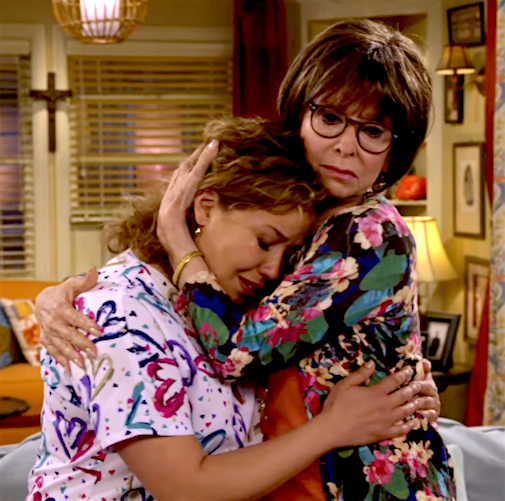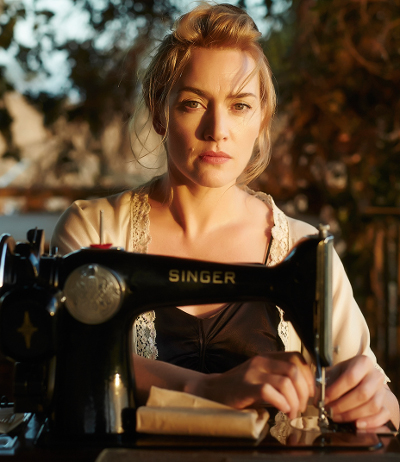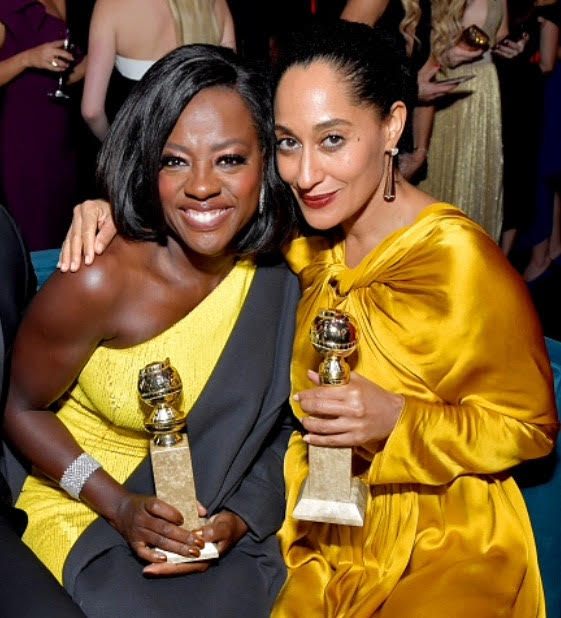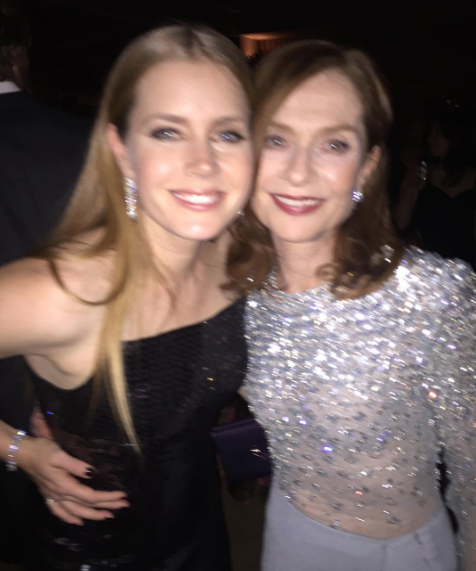Are you watching "One Day at a Time"?
 Thursday, January 12, 2017 at 12:46PM
Thursday, January 12, 2017 at 12:46PM By Nathaniel R
 Have you taken a break from all the awards season madness, to watch Netflix's remake of One Day at a Time? I didn't think I'd like it due to a laugh track (which, I am not excusing) but it's a good enough show that I survived the canned giggles and often enough covered them audibly with my own. It's a straightforward remake of the 70s sitcom but for the following changes...
Have you taken a break from all the awards season madness, to watch Netflix's remake of One Day at a Time? I didn't think I'd like it due to a laugh track (which, I am not excusing) but it's a good enough show that I survived the canned giggles and often enough covered them audibly with my own. It's a straightforward remake of the 70s sitcom but for the following changes...







